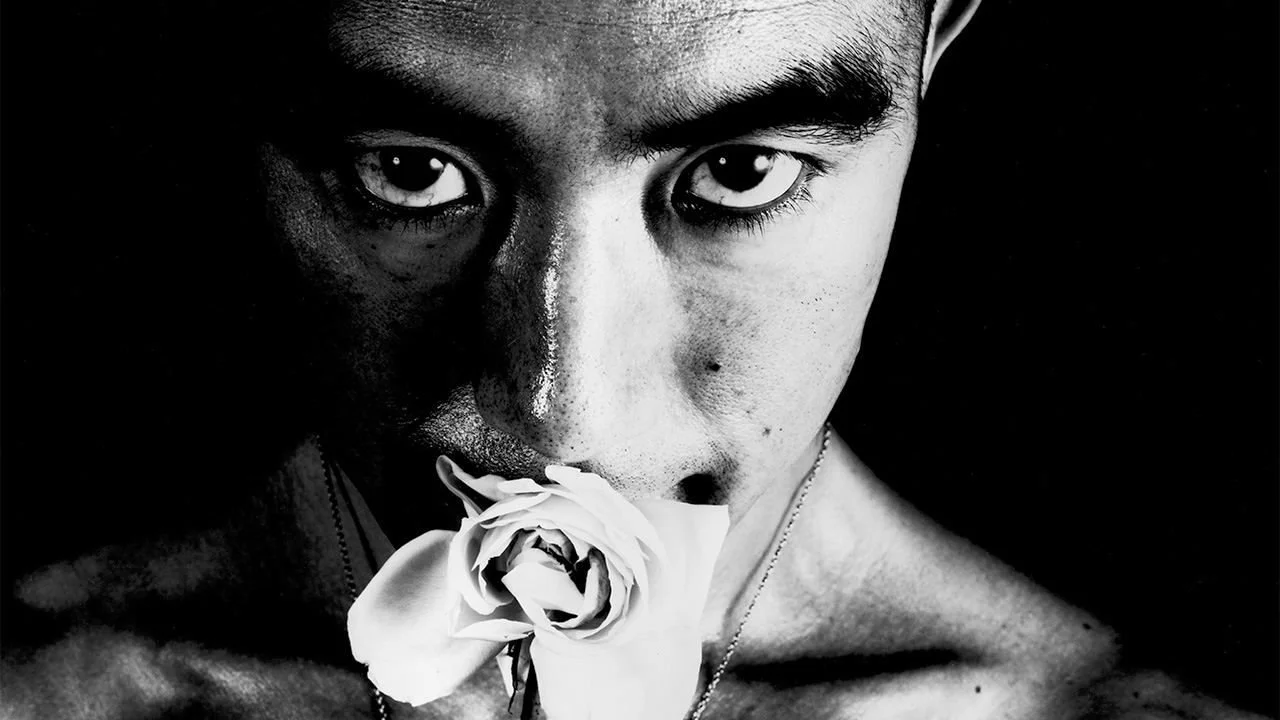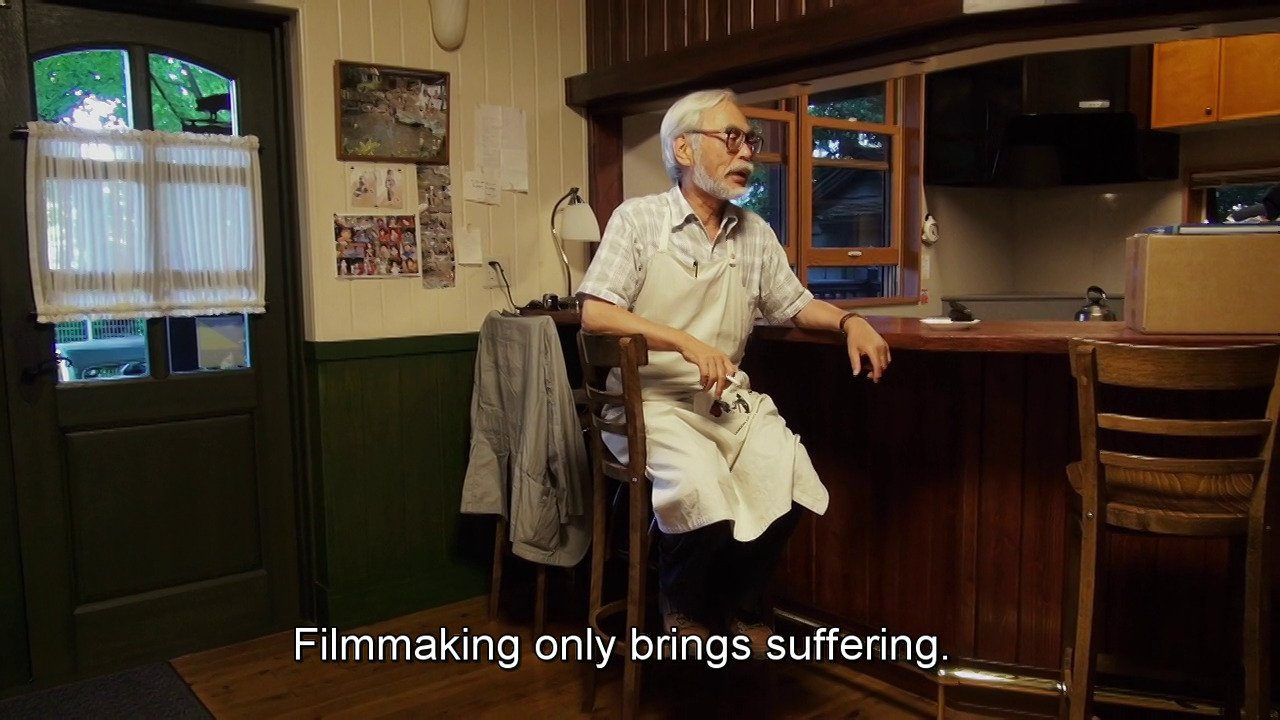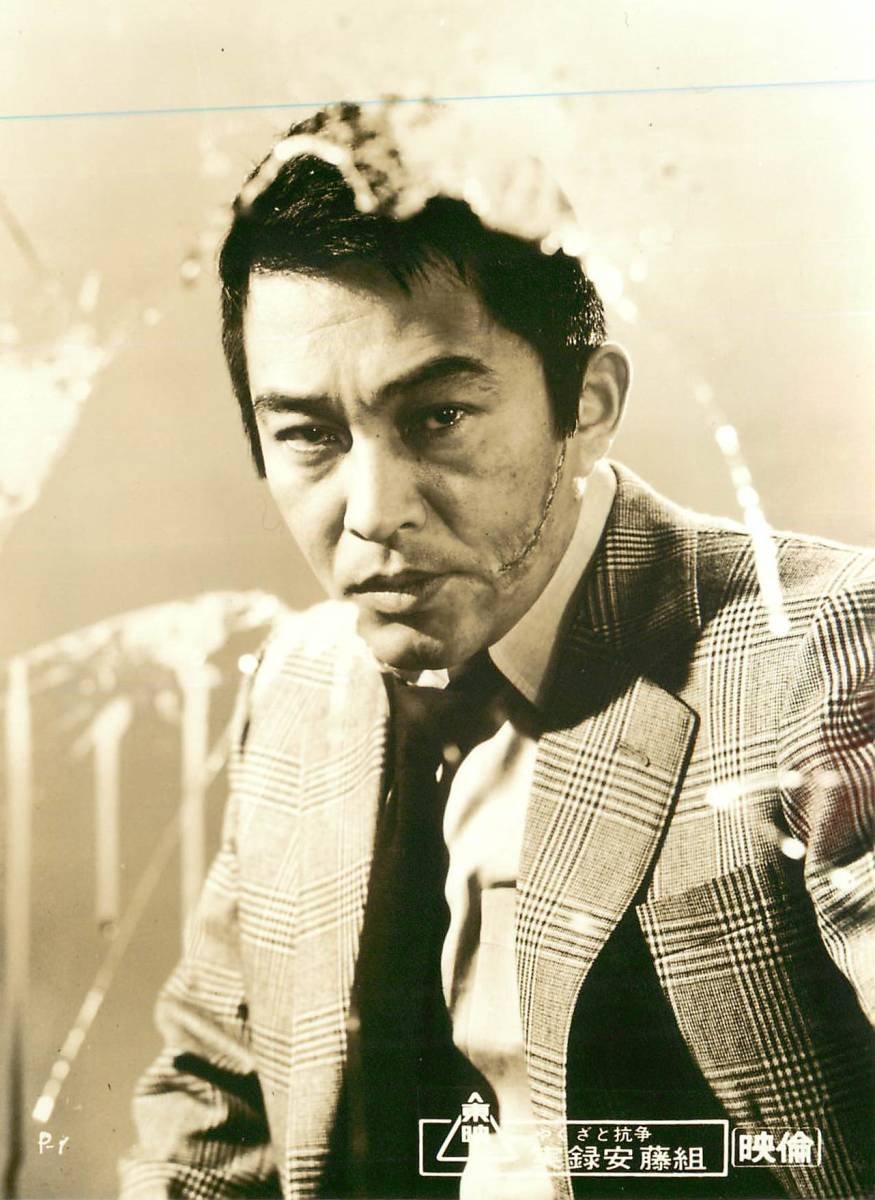The Crazy Life and Death of Writer Yukio Mishima - From Gay Icon to Nationalist Alpha Male

Furiously poetic, undeniably charming, and ready to die for his country: Yukio Mishima was a force to reckon with.
Albeit primarily known as one of the best writers to have come out of Japan, he was also a fierce rightist activist which unfortunately carved his death day.
Born Kimitake Hiraoka in 1925, he took on the pen name Yukio Mishima at 16 years old - in fact, he started writing at the age of 12, often consulting his mother. His paternal grandmother isolated him as a child, forbidding him from staying outside, and his father would be abrasive and invasive, emotionally tormenting him about his penchant for “effeminate” literature until his success as a writer was made clear.
He was celebrated from all corners of the world, being nominated for the Nobel Prize multiple times, but his internal world was convoluted. Mishima burned all his previous diaries when he married his wife, which many historians argue that it was to protect his sexual identity, though, in his early career, Mishima wrote plenty of homoerotic literature that symbolized his true feelings, just like his breakthrough novel, Confessions of a Mask. However, he would still frequent gay bars while married, notably accompanied by Japan's “first” drag queen, Akihiro Miwa.
His most memorable work is the tetralogy titled The Sea of Fertility, a subtly nationalist but romantic collection of tomes, which unfortunately was his last piece. Ultimately his swan song was his suicide after an attempt at a coup.
His political sentiments to restore Japan’s traditional values and bushido [samurai culture] in the post-war era grew as he got older. During the late 1960s, riots, and protests from leftist youth groups bothered the country with brute force, which pushed Mishima to form his own group of right-wing nationalist youths called Tatenokai. He intensely planned his last day on earth for a year and executed himself by seppuku [ritualistic suicide] as his last attempt at changing Japan.
About the Author:
Mizuki Khoury
Born in Montreal, based in Tokyo. Sabukaru’s senior writer and works as an artist under Exit Number Five.





